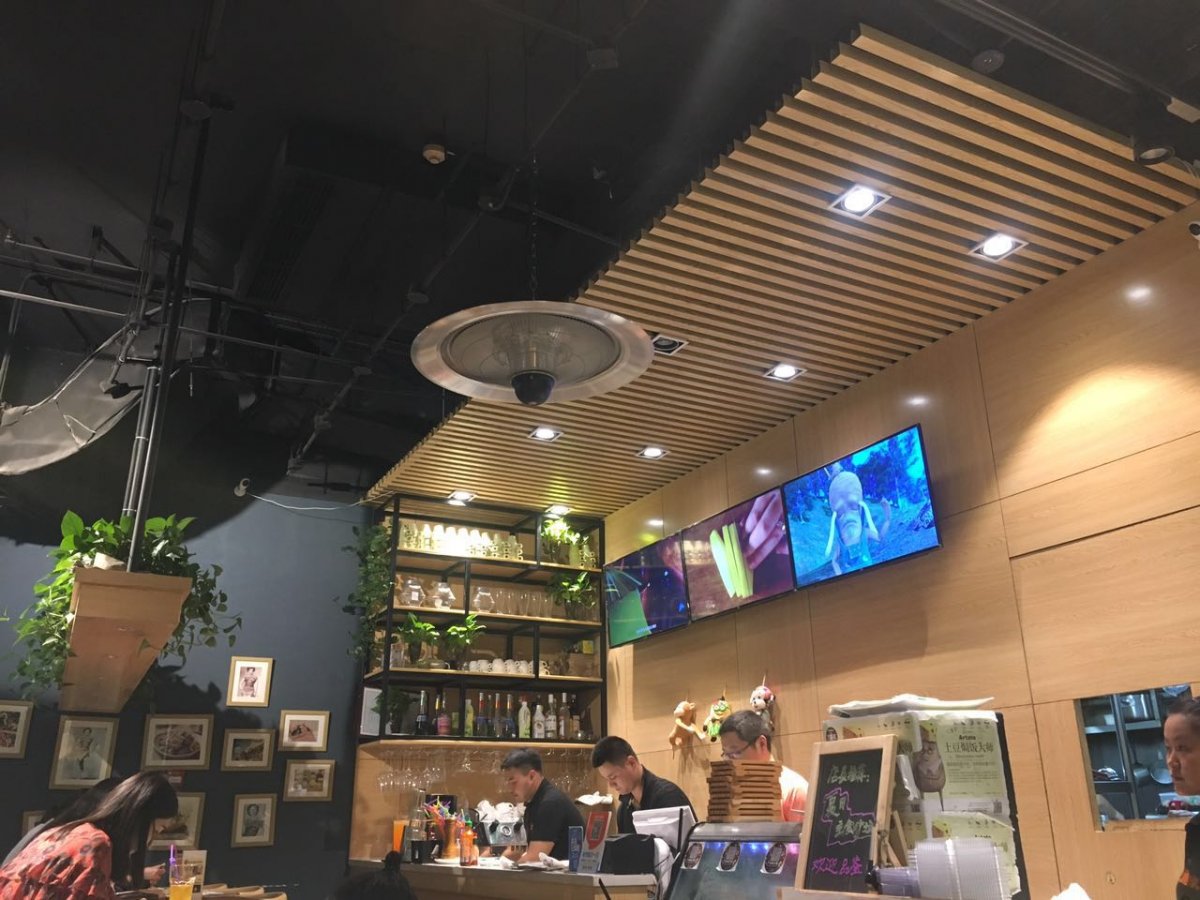The story of Beijing's most famous expat will be hitting the silver screen next month in China and, as its trailers clearly show, the film's subject is so popular that it's also the film's lead actor.
My Other Home (or known by its Chinese name, I Am Marbury) is a biographical film that stars Stephon Marbury as himself as he finds redemption in the wake of a failed exit from the NBA by leading the Beijing Ducks to the first of three championship seasons.

The film has cast well-known character actor Frankie Faison (The Wire) to help round out its dramatic roles but has also enlisted the services of other real-life basketball stars Baron Davis as well as Allen Iverson in a cameo.
And to appeal to a broader demographic, the cast of My Other Home also include Jessica Yung from K-pop idol group Girls' Generation starring as Marbury's agent.
READ: Marbury Rumored to Return to Beijing and Sign With The Ducks' Crosstown Rivals, The Fly Dragons
The first trailer for the film focused on a lot of man-on-man conflict, but a second trailer suggests that My Other Home will highlight the growing pains that accompanied Marbury's first year in China with multiple characters expressing doubt towards the failed NBA star.

One team member is seen openly discrediting the man who would become Beijing's model citizen during practice while another tells him directly in a close-up, "Championship title? It's impossible to make your teammates believe in that." Furthermore, a coach is heard saying, "I don't approve of his ways."
But, the doubts and suspicions eventually give way to inspirational quotes that accompany the cool courtside camera shots of b-ball action.
Marbury is heard telling his teammates, "We're going to join them, and we're going to fight them," while a coach is heard exhorting his team: "'Champion' is not just a slogan, it's a belief!" Meanwhile, Marbury's father is heard encouraging his son in a flashback, "You got to believe in yourself, you go to believe in here," thumping at the heart lodged in his chest.
Since there's no surprise as to whether Marbury succeeds or loses, the real appeal of My Other Home (formerly known as A New Yorker in Beijing) is to give audiences a chance to witness Stephon Marbury reacting to own his life for a second time, something that Marbury is acutely aware of.

"When people look at me acting, they don't see someone playing a part," Marbury told the New York Times. "They don't understand that playing this role, it was complicated. I wasn't playing myself. I was playing a role."
If Marbury (the man) is just playing a role in Marbury (the movie), does that mean that Marbury's story is part of a larger story?
READ: Dear Stephon Marbury: If You Love Your Fans, You'll Retire
We'll have to watch the film to find out, but we find it telling that one of the producers of My Other Home was also the producer for the seminal films on Chinese pride, Founding of a Party as well as Founding of a Republic.
Marbury's may be a big star in China, but the film shows us that he knows who the important people really are.

The trailer also tells us that Marbury is willing to share the spotlight with others, as seen in this still shot that shows Marbury standing on the sidelines, cheering on someone else:

We hope that Marbury is looking at this following shot, one in which years of wire-fu movie magic has shown us that a Chinese man can really fly:


Marbury has signed a deal with Village Roadshow to make four more movies, perhaps giving hope we'll see a return of the Monstars.
"They're doing a sequel," he said. "I'm down for it."
Watch the trailer below (YouTube mirror here):
My Other Home begins screening in China on August 11.
More stories from this author here.
Twitter: @Sinopath
Images: iFeng, Sina Entertainment










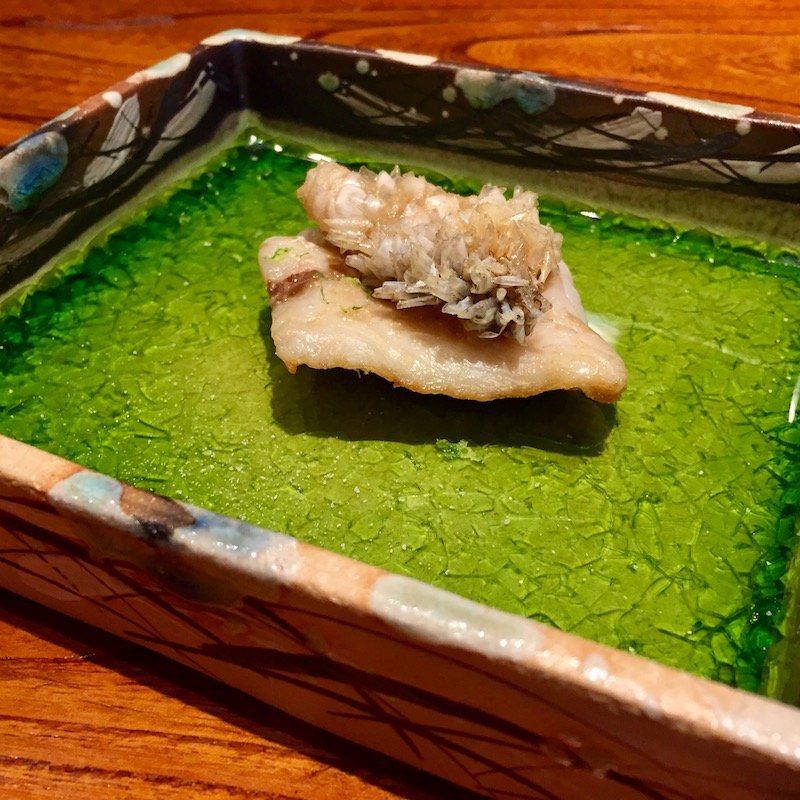

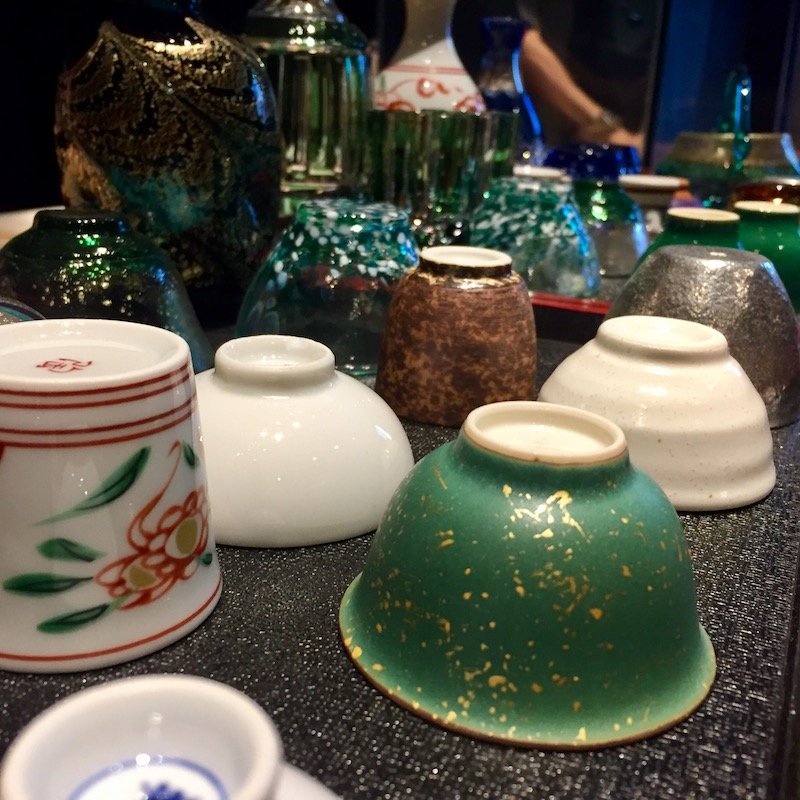
























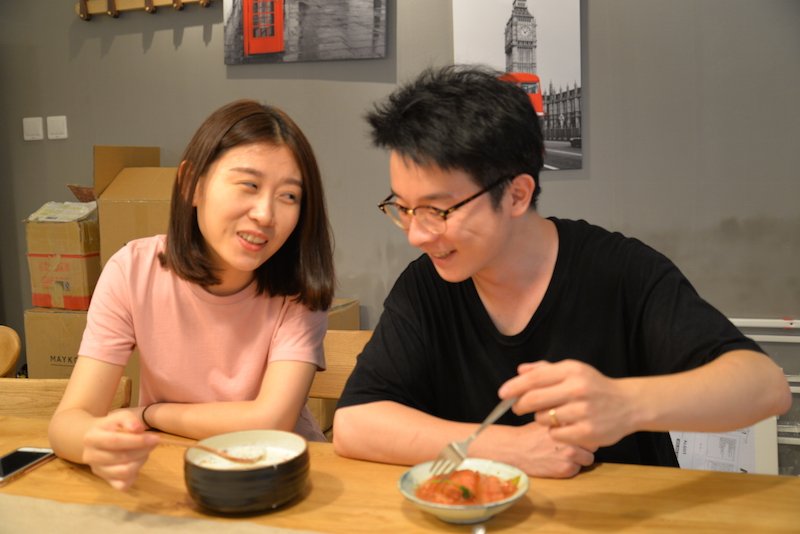
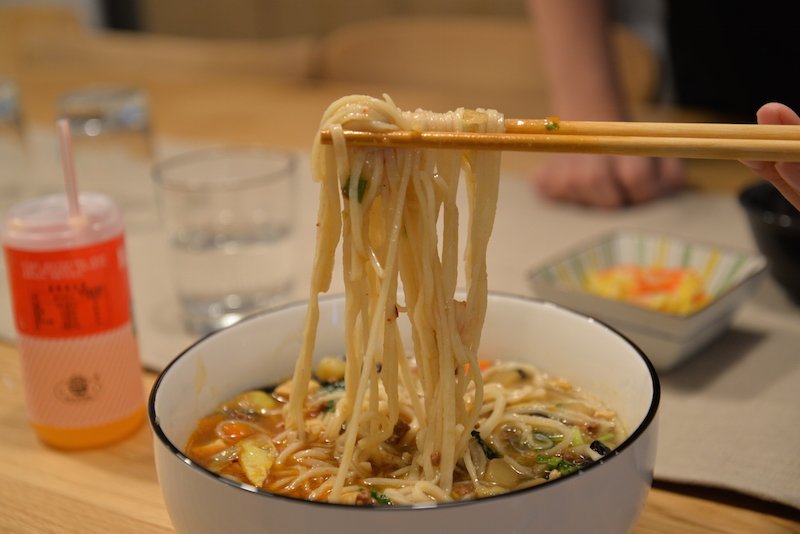

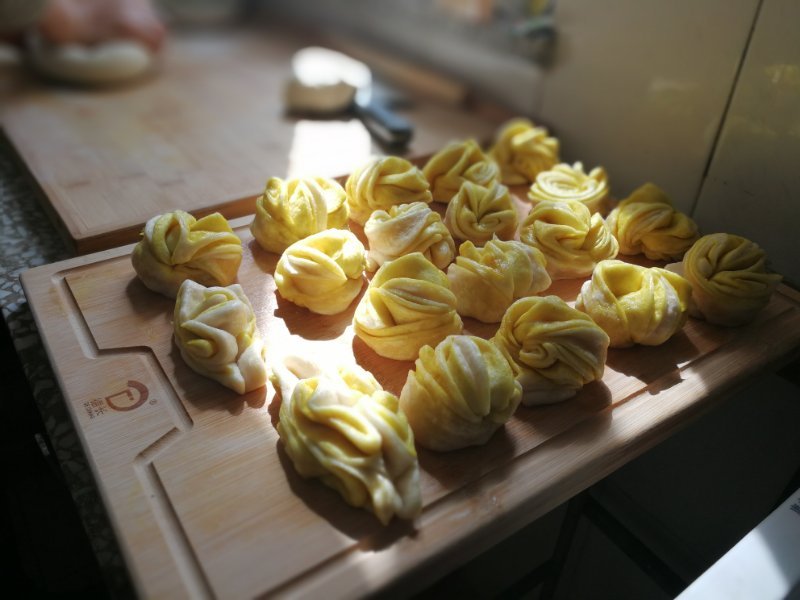





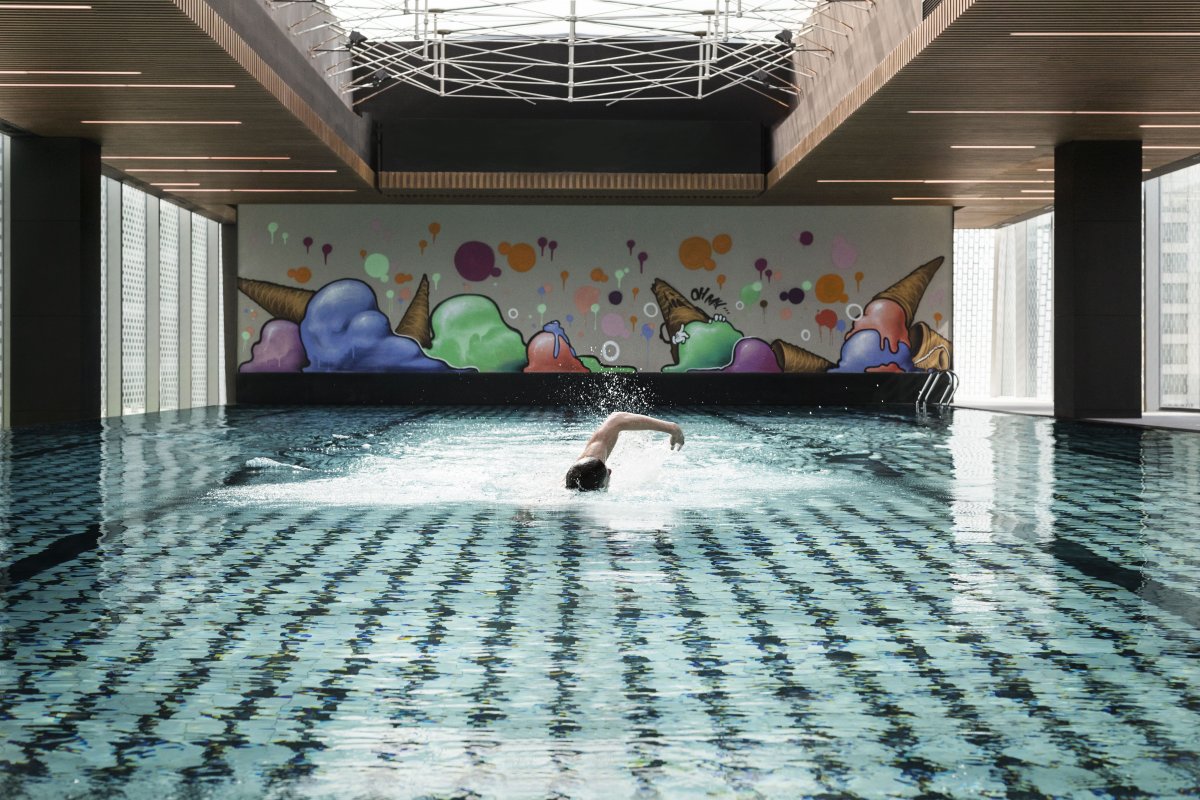























 The sizable salads are also sold via Beijing's numerous food apps, including
The sizable salads are also sold via Beijing's numerous food apps, including 


